UBS Upgrades RTX to Buy: A Closer Look at the Aerospace Giant's Prospects
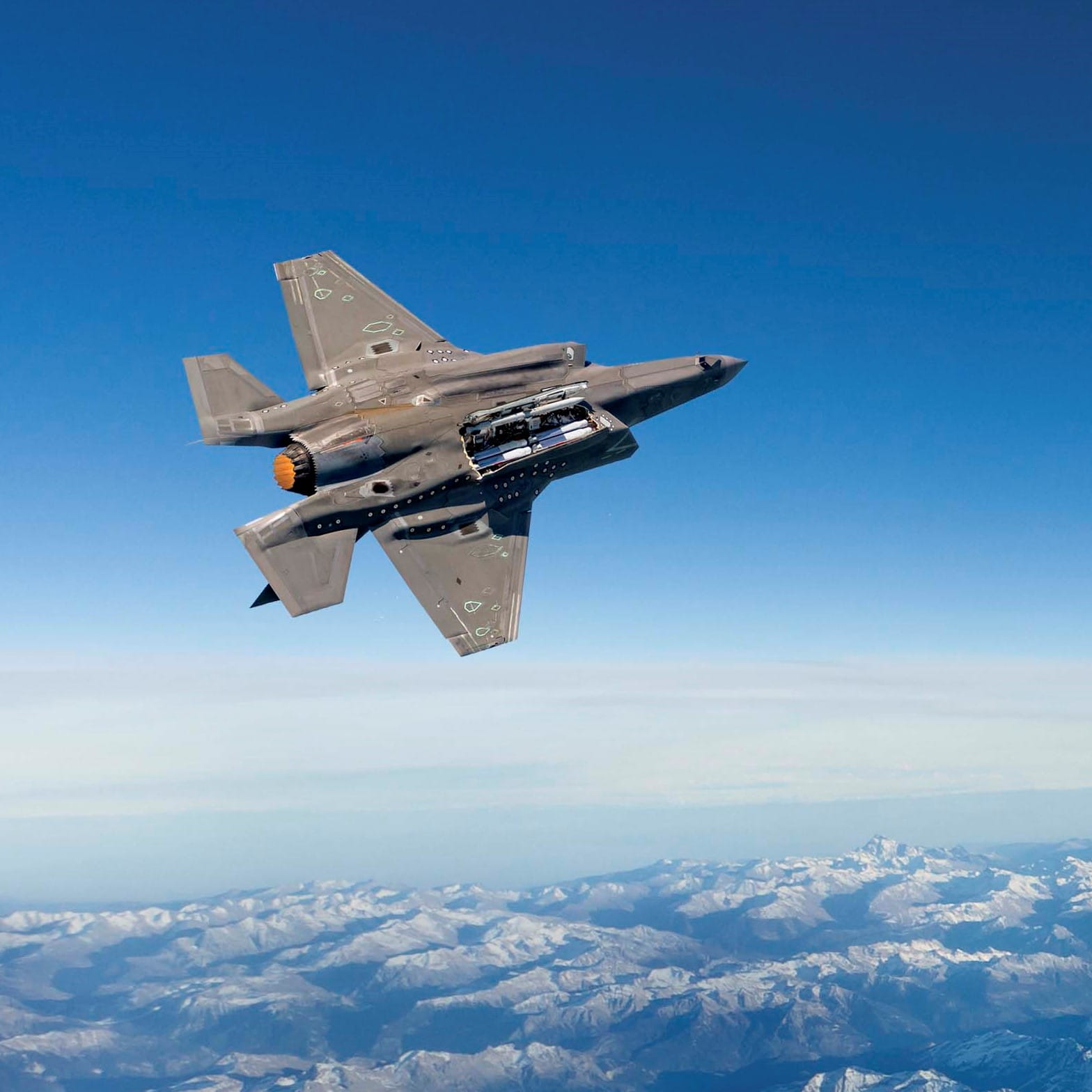
- UBS upgraded RTX (NYSE:RTX) from Neutral to Buy, indicating confidence in the company's future performance.
- RTX's stock price ended at $134.69, with a recent gain of 1.75%, outperforming the Aerospace sector's gain of 4.65% over the past month.
- The company is expected to report an EPS of $1.34 and revenue of $19.76 billion, with a full-year projection of earnings at $6.13 per share and $84.28 billion in revenue.
On March 24, 2025, UBS upgraded RTX (NYSE:RTX) from Neutral to Buy, with the stock priced at $134.69. RTX, an aerospace and defense company, is known for its advanced technologies and services. It competes with other industry giants like Boeing and Lockheed Martin. The upgrade by UBS suggests confidence in RTX's future performance.
RTX ended the recent trading session at $134.69, marking a 1.75% increase from its previous close. This gain, however, was slightly below the S&P 500's daily rise of 1.77%. The Dow Jones Industrial Average increased by 1.42%, while the Nasdaq, which is heavily weighted towards technology stocks, rose by 2.28%. Despite this, RTX's performance over the past month has been strong, with shares rising by 7.36%, outpacing the Aerospace sector's gain of 4.65%.
Investors are eagerly awaiting RTX's upcoming financial results. The company is expected to report an earnings per share (EPS) of $1.34, consistent with the same quarter last year. The Zacks Consensus Estimate anticipates revenue of $19.76 billion, reflecting a 2.36% increase from the previous year. For the full year, RTX is projected to achieve earnings of $6.13 per share and revenue of $84.28 billion.
Raytheon, a business under RTX, has secured a follow-on contract from the U.S. Army Futures Command, Futures and Concepts Center. This contract allows Raytheon to continue utilizing its Rapid Campaign Analysis and Demonstration Environment (RCADE) modeling and simulation capability. This development highlights Raytheon's role in supporting the U.S. Army's strategic force design decisions.
RTX's current stock price of $134.69 reflects an increase of $2.32 or 1.75%. The stock has fluctuated between a low of $132.04 and a high of $134.85 today. Over the past year, RTX has reached a high of $135.74 and a low of $95.27. With a market capitalization of approximately $179.8 billion, RTX remains a significant player in the aerospace and defense industry.
| Symbol | Price | %chg |
|---|---|---|
| RTX.BA | 53975 | 0.19 |
| LMT.BA | 37120 | 0.48 |
| 329180.KS | 600000 | 0 |
| 012450.KS | 979000 | 0 |
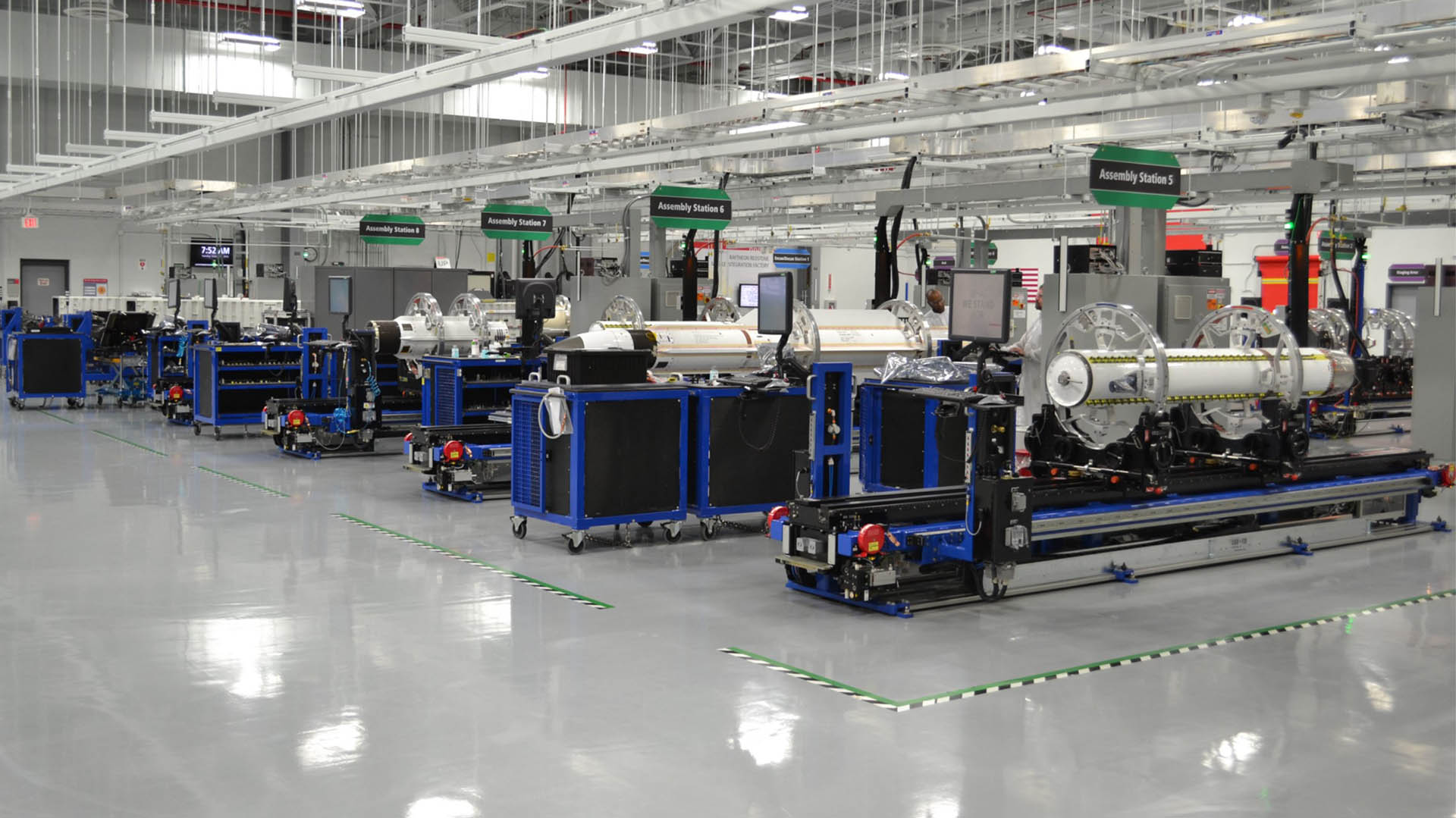
Raytheon's SharpSight Radar: A Leap in Multi-Domain Surveillance
- Raytheon, a division of RTX (NYSE:RTX), has launched its SharpSight multi-domain surveillance radar, enhancing search and track capabilities for both land and maritime missions.
- The SharpSight radar integrates Raytheon's HISAR and SeaVue Multi-Role Radar technologies, offering quick integration on various platforms and supporting critical missions like anti-surface warfare and border protection.
- Deutsche Bank maintained a "Buy" rating for RTX, with a stock price of $169.27 and a raised price target from $172 to $195, reflecting a potential 15.2% increase.
Raytheon, a division of RTX (NYSE:RTX), has started producing its SharpSight multi-domain surveillance radar. This cutting-edge system enhances search and track capabilities for land and maritime missions. SharpSight offers high-altitude, real-time, high-resolution imaging, functioning effectively in all weather conditions, day or night. Raytheon, part of RTX, is a key player in defense solutions, supporting the U.S. government and allies.
The SharpSight radar combines Raytheon's HISAR and SeaVue Multi-Role Radar, enabling quick integration on various platforms. Its open architecture allows for cost-effective upgrades, keeping operators ahead of threats. Daniel Theisen, president of Advanced Products and Solutions at Raytheon, highlights this radar as a significant advancement in intelligence, surveillance, and reconnaissance innovation.
SharpSight supports critical missions like anti-surface warfare, border protection, and long-range surveillance. It aligns with U.S. export policy, allowing global partners access to its advanced capabilities. RTX, the world's largest aerospace and defense company, employs over 185,000 people and reported sales exceeding $80 billion in 2024, headquartered in Arlington, Virginia.
On October 8, 2025, Deutsche Bank maintained a "Buy" rating for RTX, with a stock price of $169.27. The bank raised the price target from $172 to $195, indicating a potential 15.2% increase. RTX's P/E ratio is 34.74, showing investor willingness to pay for earnings. The price-to-sales ratio is 2.55, reflecting market valuation of revenue.
RTX's enterprise value to sales ratio is 3.01, indicating market valuation relative to sales. The enterprise value to operating cash flow ratio is 43.09, showing valuation in relation to cash flow. With an earnings yield of 2.88%, RTX provides shareholder return insights. The debt-to-equity ratio is 0.70, and the current ratio is 1.01, indicating financial stability.
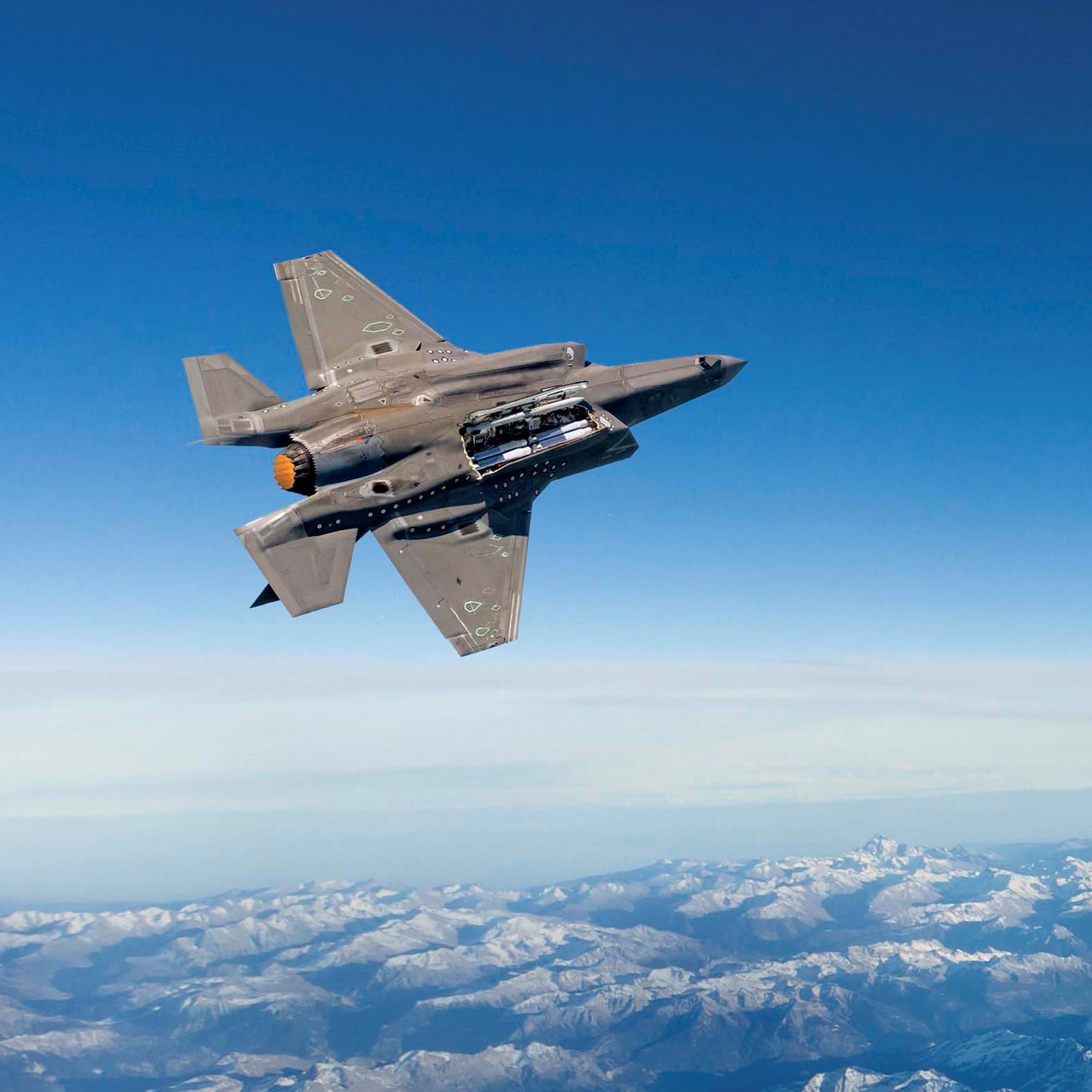
RTX Corporation (NYSE:RTX) Earnings Preview and Analyst Rating
- Jefferies reiterates a Hold rating for RTX Corporation (NYSE:RTX) ahead of its Q2 earnings release.
- Analysts expect a 4.8% increase in revenue and a 2.8% rise in EPS, despite a 1.6% downward revision over the past 30 days.
- RTX shows strong sales momentum in its commercial engine and aftermarket segments but faces valuation concerns due to a lower return on equity (ROE) compared to peers.
RTX Corporation (NYSE:RTX), a leading name in the defense industry, is under the spotlight as it gears up to unveil its second-quarter earnings. On July 21, 2025, Jefferies reaffirmed its Hold rating on RTX, with the stock hovering around $152.82. This assessment arrives just as RTX is about to share its earnings report, sparking interest among investors and market analysts.
Set for a July 22, 2025, earnings announcement, RTX is anticipated by analysts to post a revenue of $20.66 billion, marking a 4.8% year-over-year increase. The forecasted earnings per share (EPS) stand at $1.45, indicating a 2.8% growth. However, it's noteworthy that the EPS estimate has seen a 1.6% downward adjustment over the last month, suggesting a more cautious stance from analysts.
The company has demonstrated robust sales momentum, especially in its commercial engine and aftermarket segments, benefiting its Pratt & Whitney and Collins Aerospace divisions. Despite these positive developments, RTX's premium trading valuation and a comparatively lower ROE have led to valuation concerns.
Currently, RTX's stock price is at $152.37, experiencing a 0.57% uptick. The stock's daily trading range has been between $151.06 and $153.39, with the latter marking its peak price over the past year. The lowest price in the same period was $102.62. With a market capitalization of roughly $203.56 billion, RTX has seen a trading volume of 3,421,800 shares on the NYSE.
As the earnings release date approaches, the investment community is keenly observing RTX's performance indicators. The recent downward revision in EPS estimates could play a crucial role in shaping investor sentiment, as historical data suggests a strong link between earnings estimate revisions and short-term stock price movements.
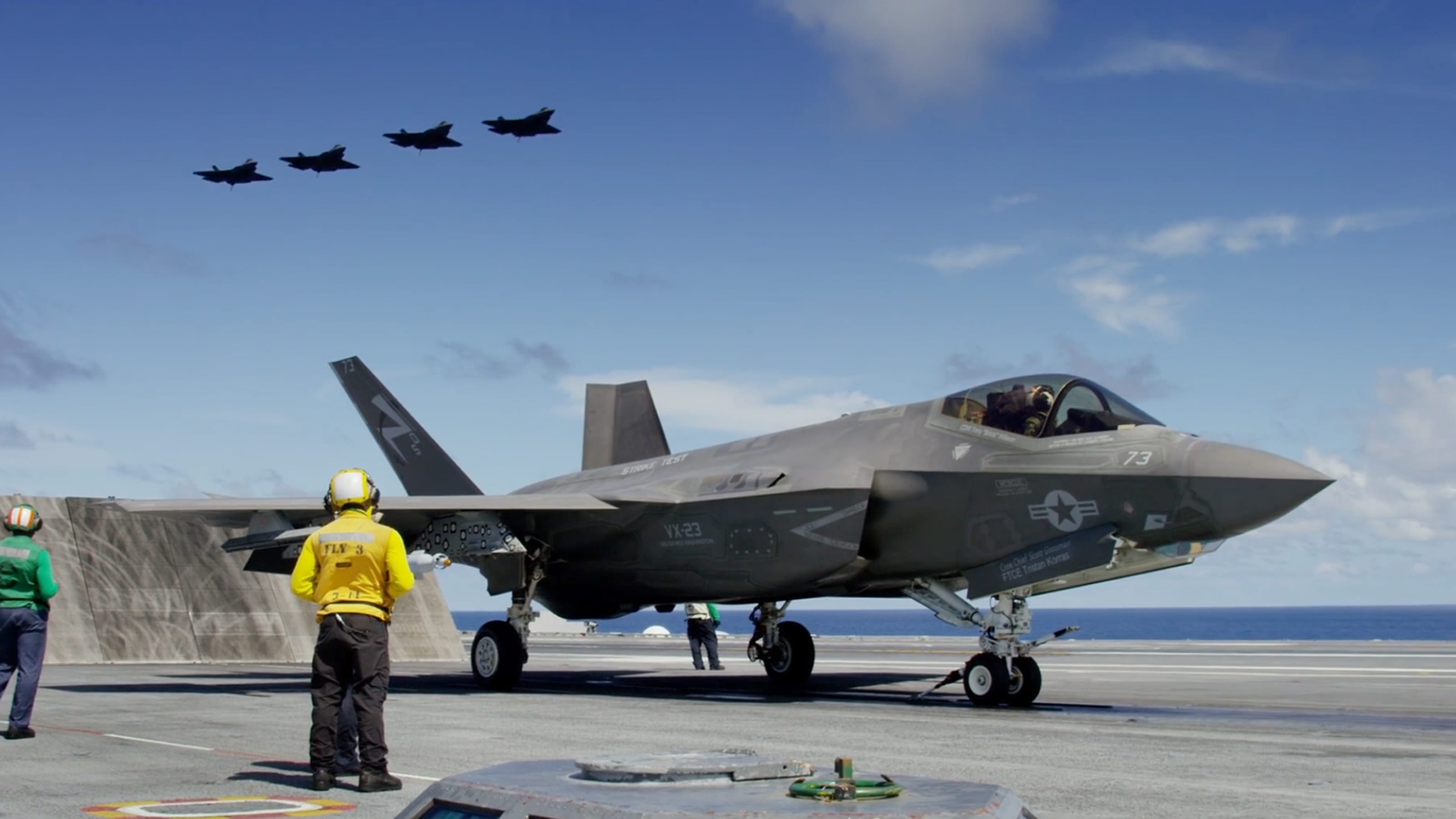
RTX Corporation Quarterly Earnings Preview
- RTX Corporation (NYSE:RTX) is expected to report an EPS of $1.45 and revenue of $20.67 billion for Q2 2025.
- The anticipated revenue represents a 4.8% increase year-over-year, driven by strong sales in the commercial engine and aftermarket sectors.
- Despite a slight decrease in EPS estimates over the past 60 days, RTX's financial metrics indicate a strong market position with a P/E ratio of 44.04 and a debt-to-equity ratio of 0.67.
RTX Corporation, a major U.S. defense contractor, is gearing up to release its quarterly earnings on July 22, 2025. Analysts expect the earnings per share (EPS) to be $1.45, with revenue projected to reach approximately $20.67 billion. RTX is known for its strong presence in the defense sector, with significant contributions from its Pratt & Whitney and Collins Aerospace divisions.
The anticipated revenue of $20.67 billion for the second quarter of 2025 represents a 4.8% increase from the same period last year, as highlighted by the company's strong sales momentum in its commercial engine and aftermarket sectors. This growth is a positive indicator of RTX's ability to capitalize on market opportunities and expand its business operations.
Despite the positive revenue outlook, the EPS estimate has seen a slight decrease of 0.7% over the past 60 days, reflecting a cautious approach by analysts. This revision is important as it can influence investor sentiment and potentially affect the stock's short-term price performance. The EPS is still expected to show a 2.8% increase compared to the previous year, indicating steady growth.
RTX's financial metrics reveal a price-to-earnings (P/E) ratio of 44.04, suggesting that investors are willing to pay a premium for each dollar of earnings. The company's price-to-sales ratio of 2.48 and enterprise value to sales ratio of 2.92 highlight its market valuation relative to sales. These figures indicate a strong market position, although the premium valuation may raise concerns among some investors.
The company's debt-to-equity ratio of 0.67 suggests a moderate level of debt compared to equity, which is a positive sign of financial stability. Additionally, the current ratio of 1.01 indicates RTX's ability to cover its short-term liabilities with its short-term assets. These financial metrics provide a comprehensive view of RTX's financial health and its position in the market.
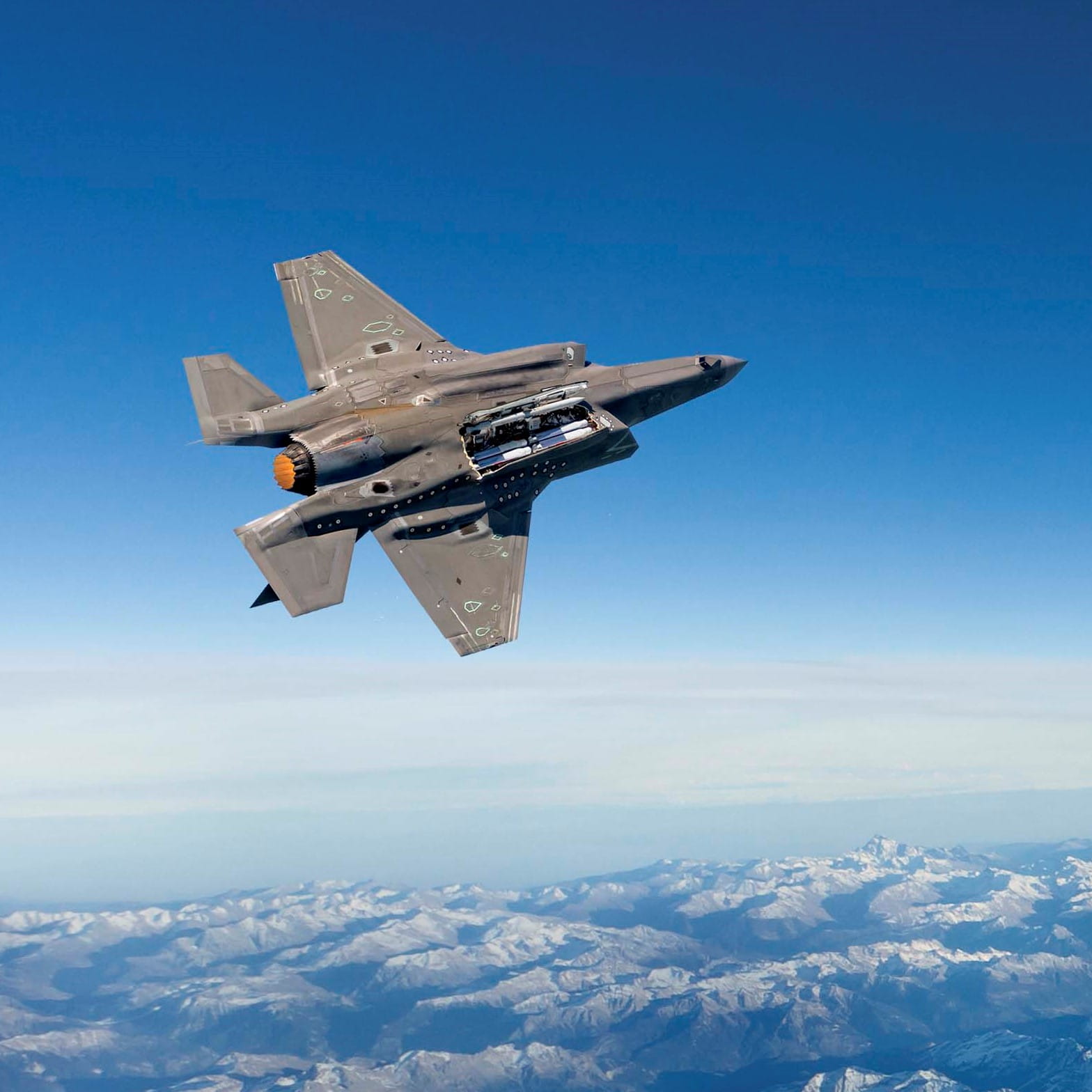
RTX Corporation's Strong Q1 Financial Performance
- RTX Corporation (NYSE:RTX) reported a significant earnings surprise of 8.89% with an EPS of $1.47, surpassing the Zacks Consensus Estimate.
- The company showcased a 3.02% revenue surprise, reporting $20.31 billion for the quarter, indicating robust market presence and demand.
- RTX achieved an 8% organic sales growth and a 10% increase in adjusted EPS, with a notable 21% year-over-year increase in the commercial aftermarket sector.
RTX Corporation, listed on the NYSE under the symbol RTX, is a prominent player in the aerospace and defense industry. The company is known for its advanced technologies and solutions, catering to both commercial and military sectors. RTX competes with other industry giants like Boeing and Lockheed Martin, striving to maintain its market position through innovation and strategic growth.
On April 22, 2025, RTX reported its first-quarter earnings, showcasing a strong financial performance. The company achieved earnings per share (EPS) of $1.47, surpassing the Zacks Consensus Estimate of $1.35. This represents an 8.89% earnings surprise, highlighting RTX's ability to exceed market expectations. Compared to the same quarter last year, where EPS was $1.34, RTX has demonstrated consistent growth.
In terms of revenue, RTX reported $20.31 billion for the quarter ending March 2025, exceeding the estimated $19.81 billion. This 3.02% revenue surprise reflects a significant increase from the $19.31 billion reported in the same quarter last year. The company's consistent ability to surpass revenue estimates over the past four quarters underscores its robust market presence.
RTX's operational performance in Q1 2025 was marked by an 8% organic sales growth and a 10% increase in adjusted EPS. The company also achieved a 120 basis point expansion in segment margin. A key driver of this growth was a 21% year-over-year increase in the commercial aftermarket sector, indicating strong demand for RTX's products.
Financially, RTX maintains a price-to-earnings (P/E) ratio of approximately 32.14, reflecting investor confidence in its earnings potential. The company's price-to-sales ratio is about 1.90, while the enterprise value to sales ratio stands at 2.33. These metrics, along with a debt-to-equity ratio of 0.67 and a current ratio of 0.99, provide insight into RTX's financial health and market valuation.

RTX Corporation's Strong Q1 Financial Performance
- RTX Corporation (NYSE:RTX) reported a significant earnings surprise of 8.89% with an EPS of $1.47, surpassing the Zacks Consensus Estimate.
- The company showcased a 3.02% revenue surprise, reporting $20.31 billion for the quarter, indicating robust market presence and demand.
- RTX achieved an 8% organic sales growth and a 10% increase in adjusted EPS, with a notable 21% year-over-year increase in the commercial aftermarket sector.
RTX Corporation, listed on the NYSE under the symbol RTX, is a prominent player in the aerospace and defense industry. The company is known for its advanced technologies and solutions, catering to both commercial and military sectors. RTX competes with other industry giants like Boeing and Lockheed Martin, striving to maintain its market position through innovation and strategic growth.
On April 22, 2025, RTX reported its first-quarter earnings, showcasing a strong financial performance. The company achieved earnings per share (EPS) of $1.47, surpassing the Zacks Consensus Estimate of $1.35. This represents an 8.89% earnings surprise, highlighting RTX's ability to exceed market expectations. Compared to the same quarter last year, where EPS was $1.34, RTX has demonstrated consistent growth.
In terms of revenue, RTX reported $20.31 billion for the quarter ending March 2025, exceeding the estimated $19.81 billion. This 3.02% revenue surprise reflects a significant increase from the $19.31 billion reported in the same quarter last year. The company's consistent ability to surpass revenue estimates over the past four quarters underscores its robust market presence.
RTX's operational performance in Q1 2025 was marked by an 8% organic sales growth and a 10% increase in adjusted EPS. The company also achieved a 120 basis point expansion in segment margin. A key driver of this growth was a 21% year-over-year increase in the commercial aftermarket sector, indicating strong demand for RTX's products.
Financially, RTX maintains a price-to-earnings (P/E) ratio of approximately 32.14, reflecting investor confidence in its earnings potential. The company's price-to-sales ratio is about 1.90, while the enterprise value to sales ratio stands at 2.33. These metrics, along with a debt-to-equity ratio of 0.67 and a current ratio of 0.99, provide insight into RTX's financial health and market valuation.

UBS Upgrades RTX to Buy: A Closer Look at the Aerospace Giant's Prospects
- UBS upgraded RTX (NYSE:RTX) from Neutral to Buy, indicating confidence in the company's future performance.
- RTX's stock price ended at $134.69, with a recent gain of 1.75%, outperforming the Aerospace sector's gain of 4.65% over the past month.
- The company is expected to report an EPS of $1.34 and revenue of $19.76 billion, with a full-year projection of earnings at $6.13 per share and $84.28 billion in revenue.
On March 24, 2025, UBS upgraded RTX (NYSE:RTX) from Neutral to Buy, with the stock priced at $134.69. RTX, an aerospace and defense company, is known for its advanced technologies and services. It competes with other industry giants like Boeing and Lockheed Martin. The upgrade by UBS suggests confidence in RTX's future performance.
RTX ended the recent trading session at $134.69, marking a 1.75% increase from its previous close. This gain, however, was slightly below the S&P 500's daily rise of 1.77%. The Dow Jones Industrial Average increased by 1.42%, while the Nasdaq, which is heavily weighted towards technology stocks, rose by 2.28%. Despite this, RTX's performance over the past month has been strong, with shares rising by 7.36%, outpacing the Aerospace sector's gain of 4.65%.
Investors are eagerly awaiting RTX's upcoming financial results. The company is expected to report an earnings per share (EPS) of $1.34, consistent with the same quarter last year. The Zacks Consensus Estimate anticipates revenue of $19.76 billion, reflecting a 2.36% increase from the previous year. For the full year, RTX is projected to achieve earnings of $6.13 per share and revenue of $84.28 billion.
Raytheon, a business under RTX, has secured a follow-on contract from the U.S. Army Futures Command, Futures and Concepts Center. This contract allows Raytheon to continue utilizing its Rapid Campaign Analysis and Demonstration Environment (RCADE) modeling and simulation capability. This development highlights Raytheon's role in supporting the U.S. Army's strategic force design decisions.
RTX's current stock price of $134.69 reflects an increase of $2.32 or 1.75%. The stock has fluctuated between a low of $132.04 and a high of $134.85 today. Over the past year, RTX has reached a high of $135.74 and a low of $95.27. With a market capitalization of approximately $179.8 billion, RTX remains a significant player in the aerospace and defense industry.







